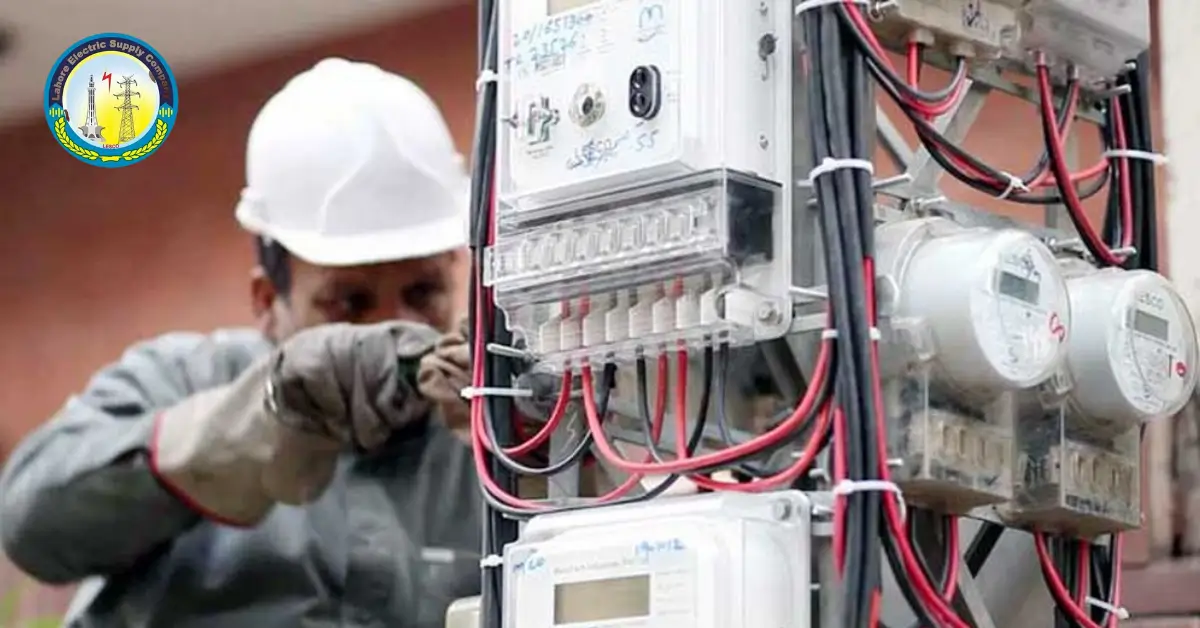3-Phase Electricity Meters
3-Phase Electricity Meters:In a major step toward modernizing Pakistan’s electricity infrastructure, the federal government has announced the nationwide replacement of traditional three-phase meters with AMI smart meters. This transition will take place in phases, with the first 350,000 meters being replaced under an official business plan. The goal is to combat electricity theft, reduce overbilling, and ensure greater transparency in the power sector.
The Ministry of Power Division has set a clear deadline of December 2026 for the complete implementation of this project across all regions of the country.
What Are AMI Smart Meters?
AMI (Advanced Metering Infrastructure) smart meters are digital devices that record electricity consumption in real-time and send the data directly to power companies. Unlike traditional meters that require manual reading, AMI smart meters use automated systems for data collection and billing. These meters allow consumers to track their usage and help utility companies detect any unauthorized usage or tampering.
EHSAAS KAFALAT 2025 New Registration & BISP 8171 CNIC Verification
Phase One: 350,000 Smart Meters to Be Installed
The rollout will begin with 350,000 smart meters, primarily in the LESCO (Lahore Electric Supply Company) region. The Ministry of Power Division has issued official instructions to all distribution companies (DISCOs), including LESCO, to begin preparations.
According to the directive:
- LESCO will be the first utility company to implement the smart meter replacement.
- Smart meters will be installed under a structured meter replacement order.
- The initial cost will be borne by LESCO itself, amounting to billions of rupees.
Deadline: December 2026
The Ministry of Power has made it clear that the entire process from planning to execution must be completed by December 2026. This gives power distribution companies a little over a year to fully prepare, budget, and implement the project.
The replacement will be gradual, starting with high-loss areas and then moving to residential and commercial zones.
BISP 8171 Payment Check September 2025 Easy CNIC & Portal Method
Why Replace Traditional Meters?
The decision to roll out AMI Smart Meters in Pakistan is part of a broader strategy to:
- Prevent electricity theft by eliminating manual tampering.
- End overbilling and billing disputes through real-time usage monitoring.
- Improve accuracy and transparency in energy distribution and billing.
- Support digitalization and energy efficiency.
Financial Responsibility and Challenges
While the move is technologically beneficial, it comes with a significant financial cost, especially for companies like LESCO. They are expected to fund the installation of smart meters themselves, a move that could cost billions of rupees.
This raises important questions about:
- Budget allocation
- Return on investment
- Infrastructure readiness
However, experts believe the long-term benefits far outweigh the initial cost, as improved energy efficiency and revenue protection will help stabilize the power sector.
How to Remove Unrelated Individuals from Your NADRA Family Tree
What This Means for Consumers
Consumers stand to benefit greatly from the shift to AMI smart meters:
- No more overbilling or estimated bills
- Real-time tracking of electricity usage via apps or online portals
- Faster complaint resolution and improved customer service
- Potential to reduce electricity costs by managing usage more effectively
Implementation Challenges
Despite the benefits, the nationwide rollout of smart meters in Pakistan may face a few roadblocks:
- Technical infrastructure gaps in rural and underdeveloped areas
- Resistance from consumers unfamiliar with digital systems
- Coordination among various DISCOs
The government and power companies will need to educate consumers, train staff, and upgrade IT systems to ensure smooth implementation.
BISP Taleemi Wazaif Available for Children of Benazir Kafaalat Eligible Families

